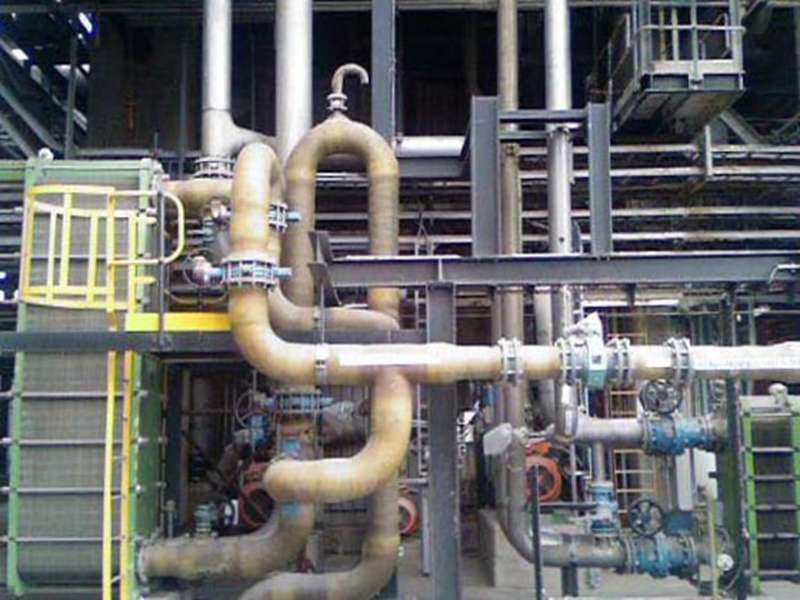
-
 Afrikaans
Afrikaans -
 Albanian
Albanian -
 Amharic
Amharic -
 Arabic
Arabic -
 Armenian
Armenian -
 Azerbaijani
Azerbaijani -
 Basque
Basque -
 Belarusian
Belarusian -
 Bengali
Bengali -
 Bosnian
Bosnian -
 Bulgarian
Bulgarian -
 Catalan
Catalan -
 Cebuano
Cebuano -
 China
China -
 China (Taiwan)
China (Taiwan) -
 Corsican
Corsican -
 Croatian
Croatian -
 Czech
Czech -
 Danish
Danish -
 Dutch
Dutch -
 English
English -
 Esperanto
Esperanto -
 Estonian
Estonian -
 Finnish
Finnish -
 French
French -
 Frisian
Frisian -
 Galician
Galician -
 Georgian
Georgian -
 German
German -
 Greek
Greek -
 Gujarati
Gujarati -
 Haitian Creole
Haitian Creole -
 hausa
hausa -
 hawaiian
hawaiian -
 Hebrew
Hebrew -
 Hindi
Hindi -
 Miao
Miao -
 Hungarian
Hungarian -
 Icelandic
Icelandic -
 igbo
igbo -
 Indonesian
Indonesian -
 irish
irish -
 Italian
Italian -
 Japanese
Japanese -
 Javanese
Javanese -
 Kannada
Kannada -
 kazakh
kazakh -
 Khmer
Khmer -
 Rwandese
Rwandese -
 Korean
Korean -
 Kurdish
Kurdish -
 Kyrgyz
Kyrgyz -
 Lao
Lao -
 Latin
Latin -
 Latvian
Latvian -
 Lithuanian
Lithuanian -
 Luxembourgish
Luxembourgish -
 Macedonian
Macedonian -
 Malgashi
Malgashi -
 Malay
Malay -
 Malayalam
Malayalam -
 Maltese
Maltese -
 Maori
Maori -
 Marathi
Marathi -
 Mongolian
Mongolian -
 Myanmar
Myanmar -
 Nepali
Nepali -
 Norwegian
Norwegian -
 Norwegian
Norwegian -
 Occitan
Occitan -
 Pashto
Pashto -
 Persian
Persian -
 Polish
Polish -
 Portuguese
Portuguese -
 Punjabi
Punjabi -
 Romanian
Romanian -
 Russian
Russian -
 Samoan
Samoan -
 Scottish Gaelic
Scottish Gaelic -
 Serbian
Serbian -
 Sesotho
Sesotho -
 Shona
Shona -
 Sindhi
Sindhi -
 Sinhala
Sinhala -
 Slovak
Slovak -
 Slovenian
Slovenian -
 Somali
Somali -
 Spanish
Spanish -
 Sundanese
Sundanese -
 Swahili
Swahili -
 Swedish
Swedish -
 Tagalog
Tagalog -
 Tajik
Tajik -
 Tamil
Tamil -
 Tatar
Tatar -
 Telugu
Telugu -
 Thai
Thai -
 Turkish
Turkish -
 Turkmen
Turkmen -
 Ukrainian
Ukrainian -
 Urdu
Urdu -
 Uighur
Uighur -
 Uzbek
Uzbek -
 Vietnamese
Vietnamese -
 Welsh
Welsh -
 Bantu
Bantu -
 Yiddish
Yiddish -
 Yoruba
Yoruba -
 Zulu
Zulu
frp pipes and fittings for ship building
FRP Pipes and Fittings for Shipbuilding An Overview
In the ever-evolving world of shipbuilding, the materials used for construction play a crucial role in ensuring durability, reliability, and efficiency. One such material that has gained prominence in recent years is Fiber Reinforced Plastic (FRP). FRP pipes and fittings have emerged as a preferred choice for marine applications due to their exceptional properties, offering numerous advantages over traditional materials like steel and concrete.
What is FRP?
Fiber Reinforced Plastic is a composite material that combines a polymer matrix with fibrous reinforcing agents, which are typically glass, carbon, or aramid fibers. This combination results in a lightweight yet incredibly strong material that can withstand harsh marine environments. FRP can be molded into various shapes and sizes, making it highly versatile for different applications, especially in shipbuilding.
Advantages of FRP Pipes and Fittings
1. Corrosion Resistance One of the most significant advantages of FRP is its resistance to corrosion. In the marine environment, exposure to saltwater, chemicals, and varying temperatures can cause severe damage to traditional materials. FRP, on the other hand, does not corrode, ensuring longevity and reduced maintenance costs.
2. Lightweight FRP is considerably lighter than metals, which translates to reduced overall weight for ships. A lighter vessel consumes less fuel, improving fuel efficiency and reducing operational costs. This advantage is particularly crucial for the design and construction of modern ships that prioritize efficiency and speed.
3. High Strength-to-Weight Ratio Despite being lightweight, FRP exhibits excellent strength, allowing it to handle high pressures and heavy loads. This characteristic is essential in shipbuilding, where components must withstand dynamic forces from waves and cargo.
4. Flexibility in Design FRP can be easily molded into various shapes, allowing for greater design flexibility. This adaptability enables shipbuilders to create innovative designs and optimize space utilization without compromising on structural integrity.
5. Thermal Insulation FRP pipes provide excellent thermal insulation, which is advantageous in regulating temperature within the ship's systems. This property is particularly beneficial in preventing heat loss in piping systems that transport hot fluids.
6. Reduced Maintenance The durability and corrosion resistance of FRP result in lower maintenance requirements. Shipbuilders and operators can benefit from decreased downtime and repair costs, enhancing overall operational efficiency.
frp pipes and fittings for ship building

Applications in Shipbuilding
FRP pipes and fittings are used in various applications within shipbuilding, including
- Cooling and Heating Systems FRP is ideal for piping systems that handle heated or cooled fluids, ensuring efficient thermal performance and resisting corrosion from chemicals and temperatures.
- Ballast and Bilge Systems Given their lightweight nature and corrosion resistance, FRP pipes are often used in ballast and bilge systems, helping maintain optimal ship stability and performance.
- Wastewater Management The resilience of FRP against corrosive substances makes it suitable for wastewater handling systems on ships, ensuring safe and efficient disposal without leaks or failures.
- Fuel and Oil Transfer FRP’s lightweight and strong properties make it an excellent choice for fuel and oil transfer lines, minimizing weight while maintaining the necessary strength and reliability.
Challenges and Considerations
While FRP offers numerous advantages, there are also challenges to consider. The initial cost of FRP materials can be higher than traditional options; however, the long-term savings in maintenance and durability often outweigh the upfront investment. Additionally, specific manufacturing processes and certifications for marine applications may pose challenges during adoption.
Conclusion
As shipbuilding advances, the use of innovative materials such as Fiber Reinforced Plastic is becoming increasingly vital. FRP pipes and fittings offer several advantages, including corrosion resistance, lightweight properties, and design flexibility. As the industry continues to embrace modern technologies and materials, FRP is set to play a key role in the future of shipbuilding, contributing to more efficient, durable, and environmentally friendly vessels. With proper consideration of both its benefits and challenges, shipbuilders can harness the full potential of FRP to enhance their constructions and push the boundaries of marine engineering.









